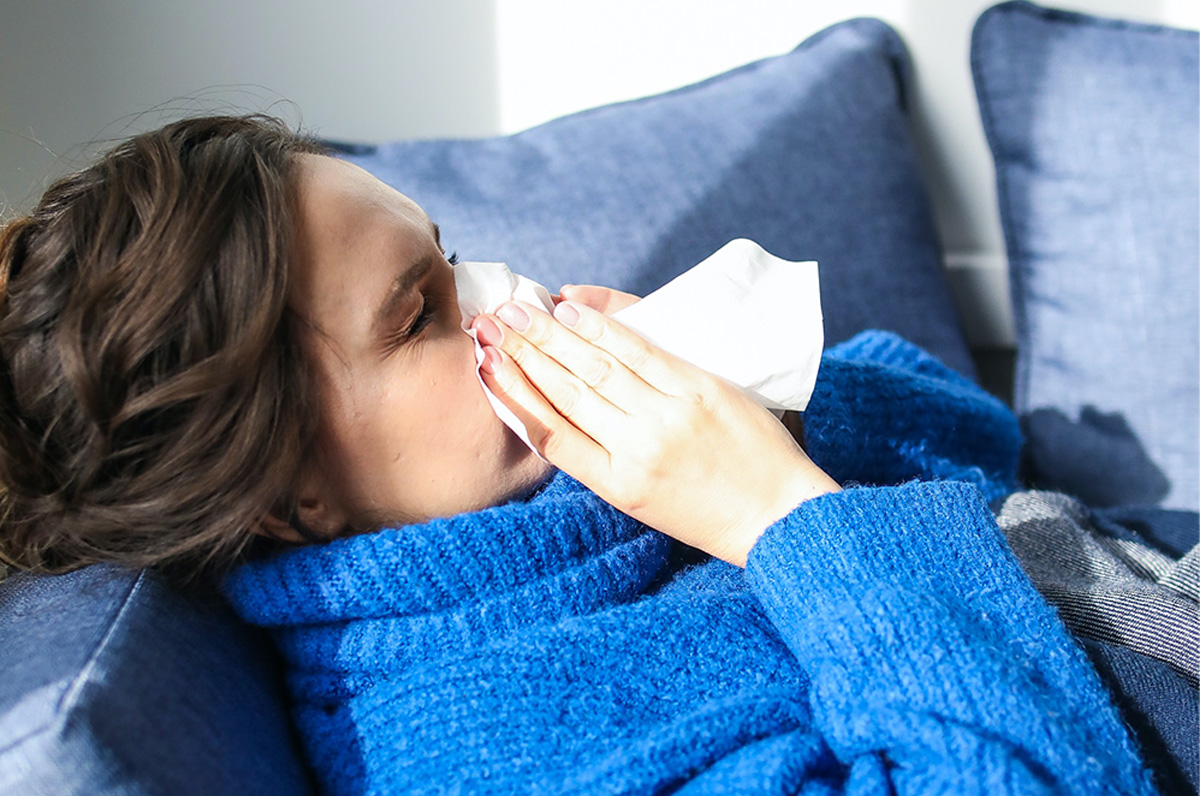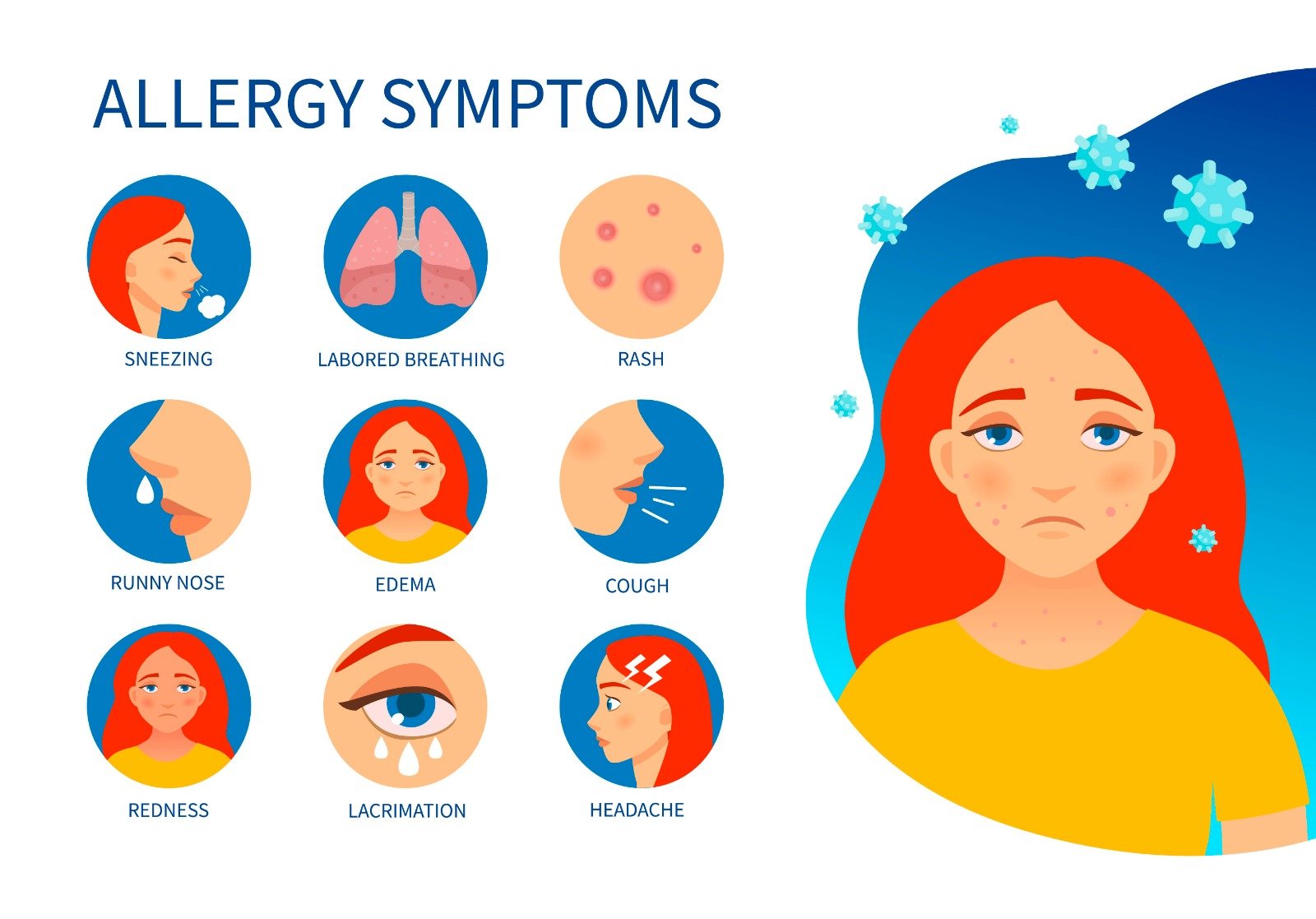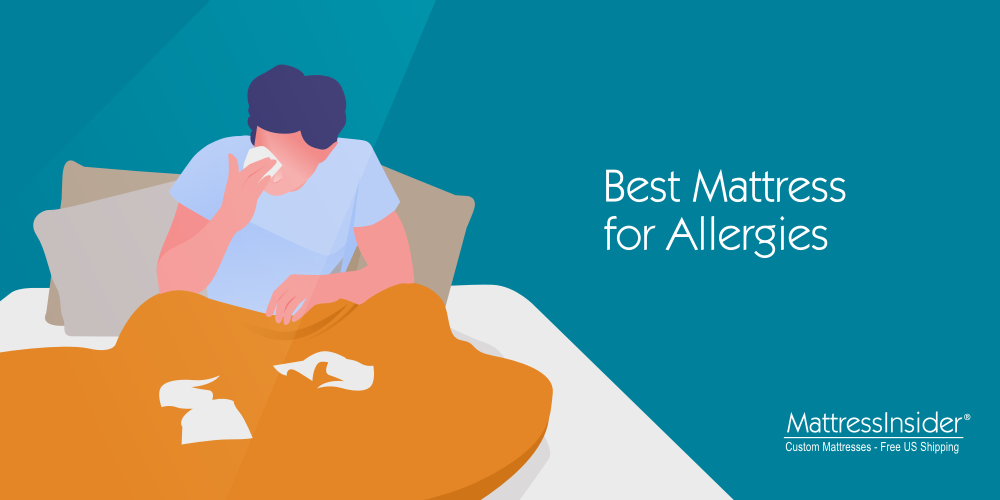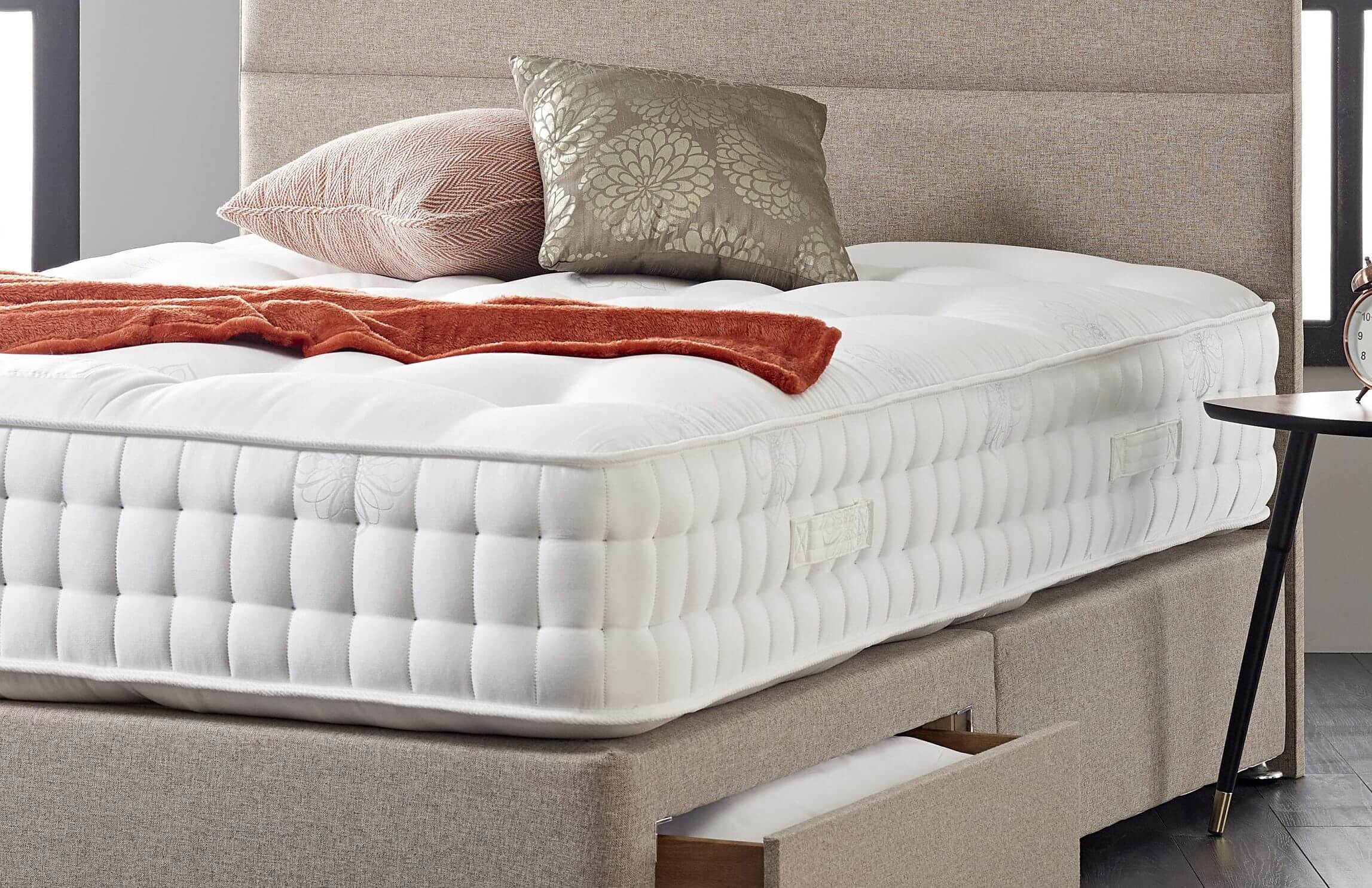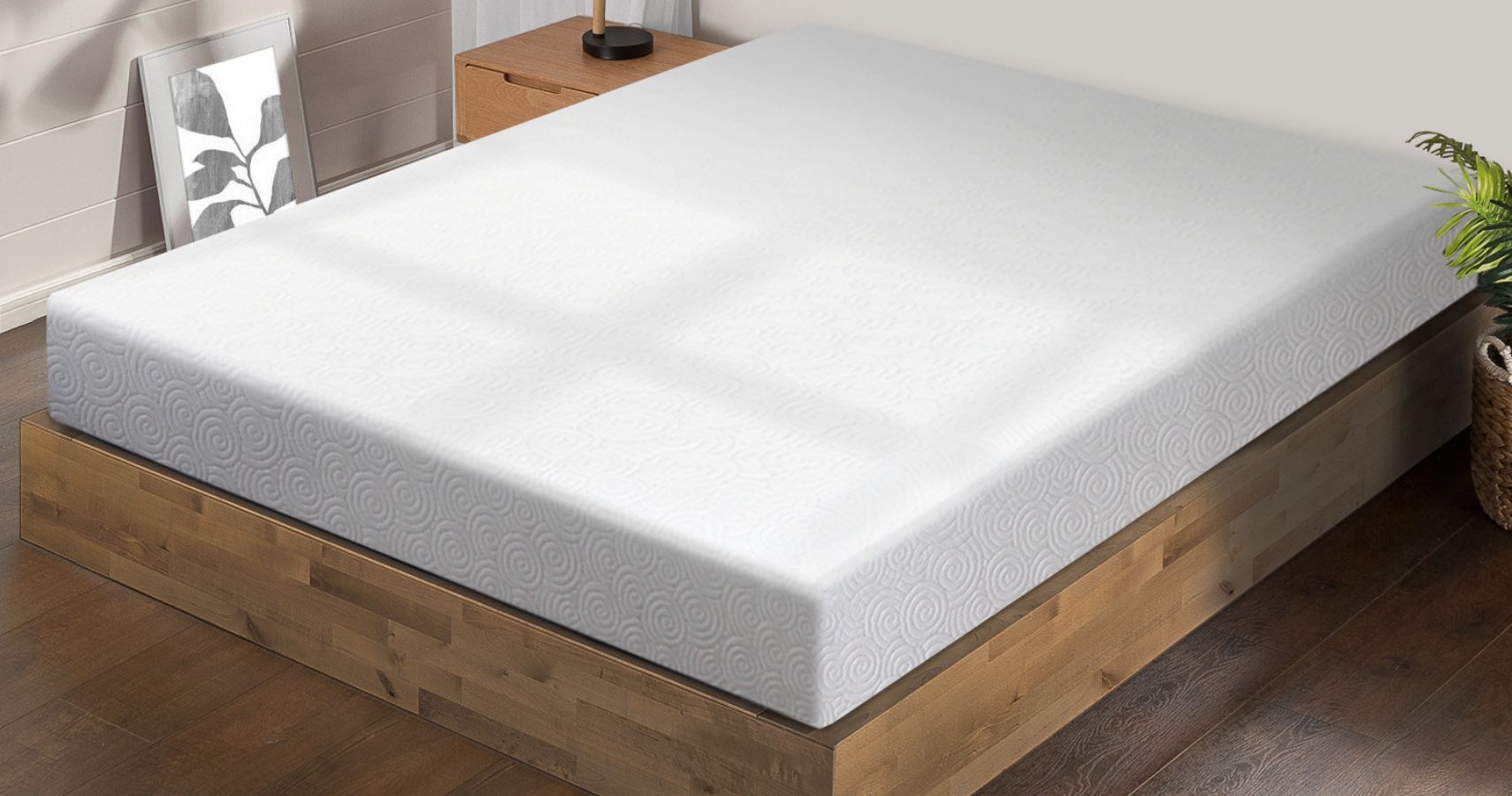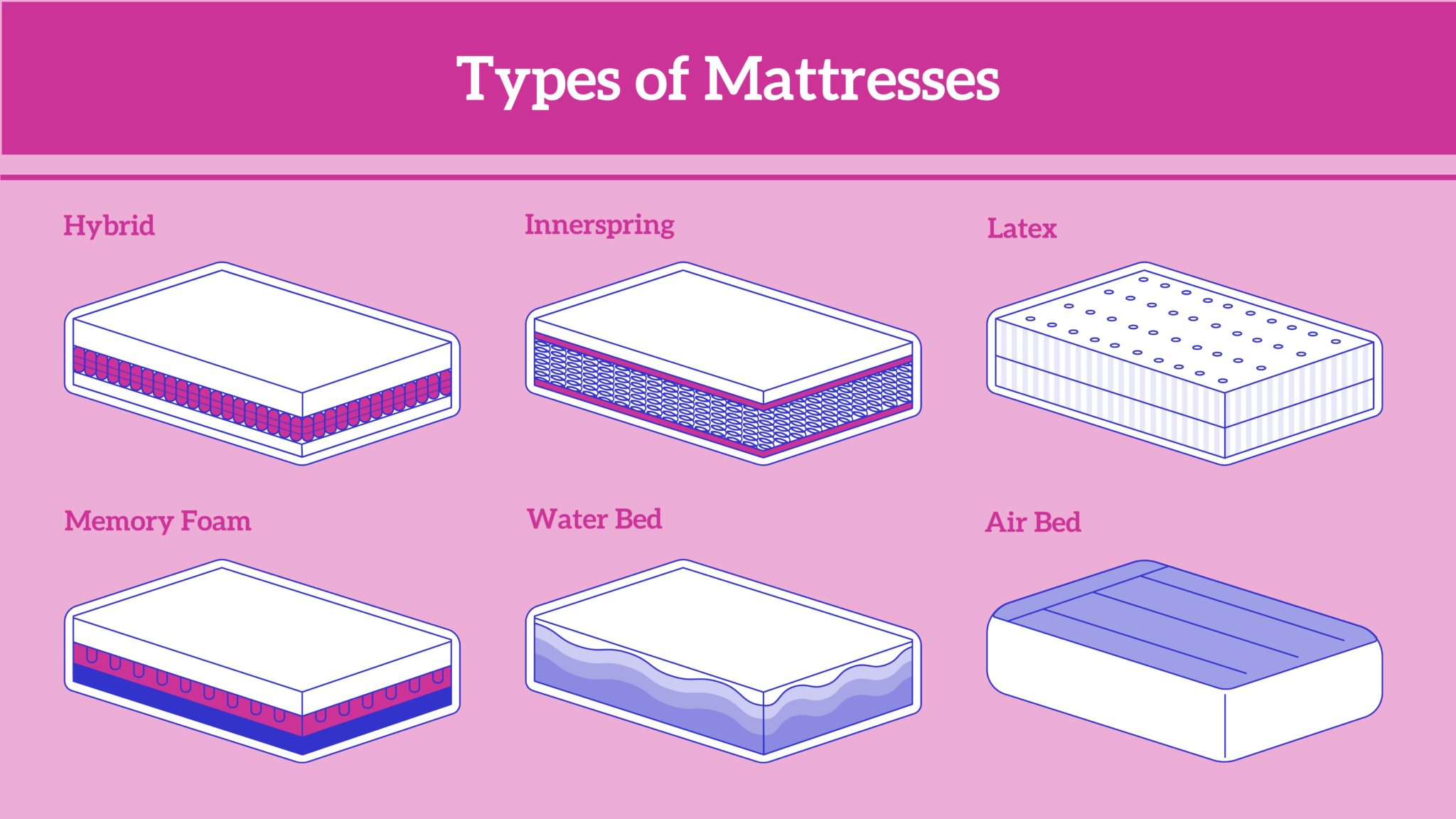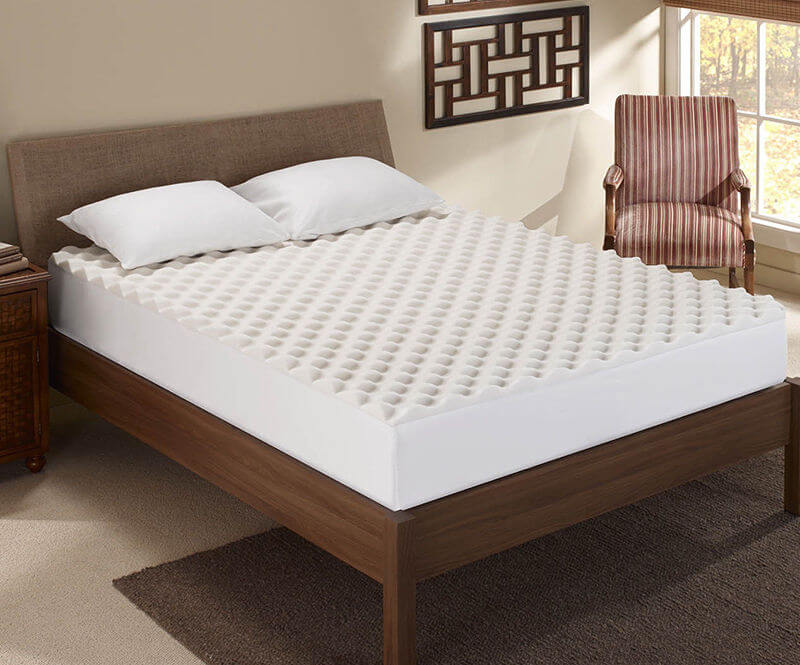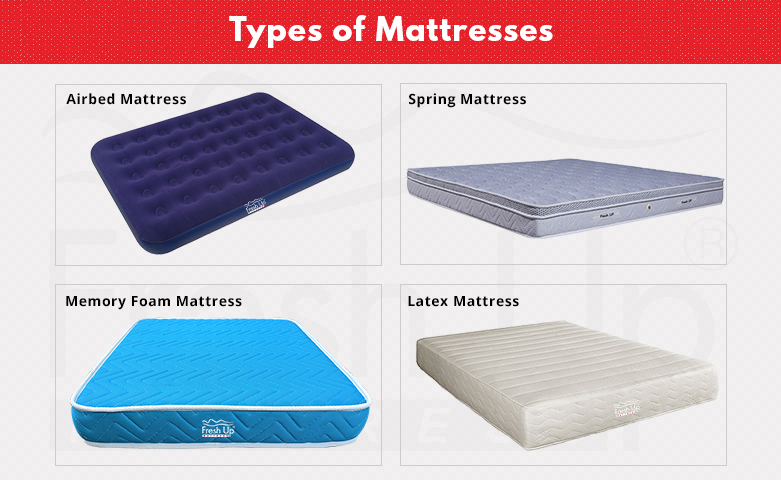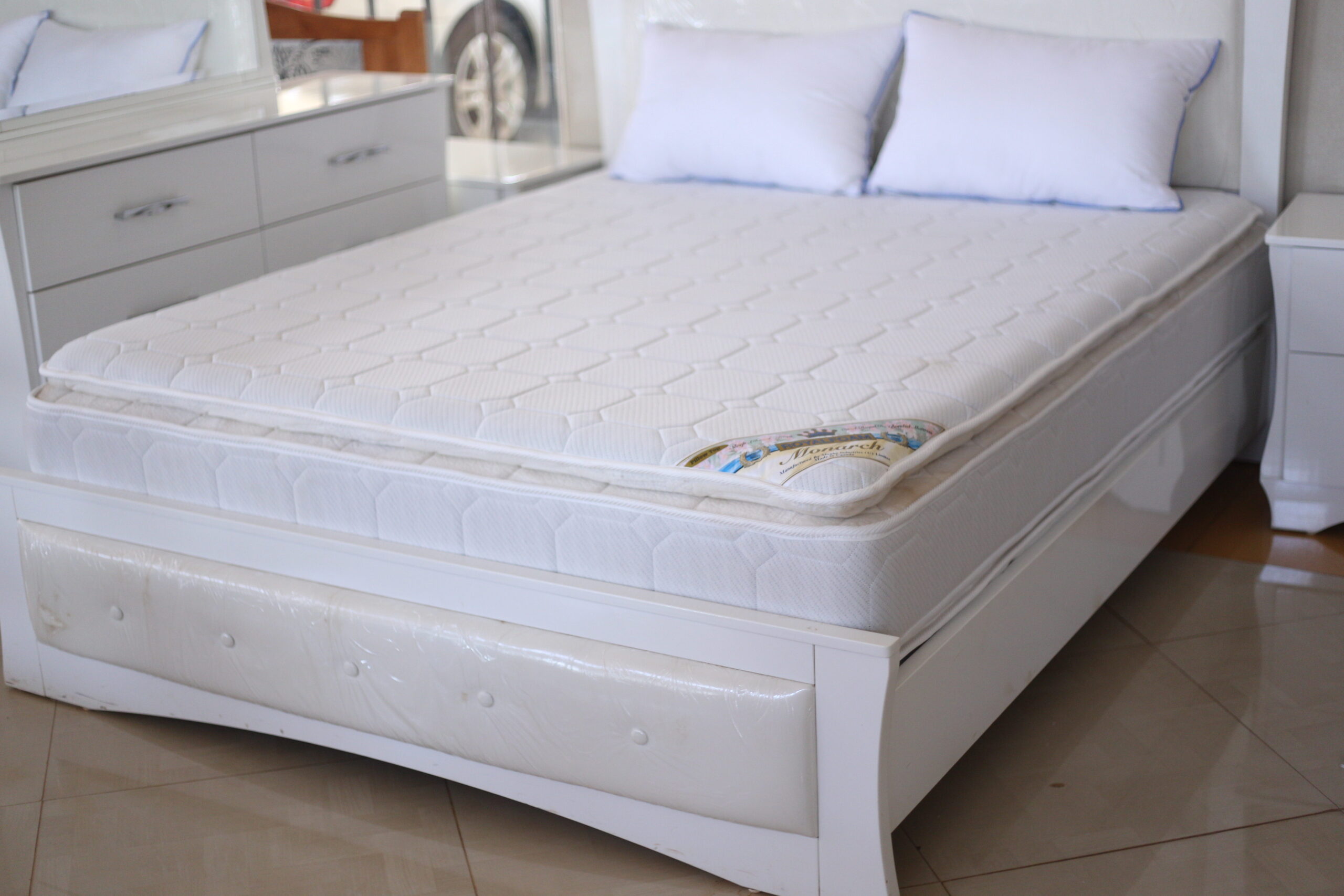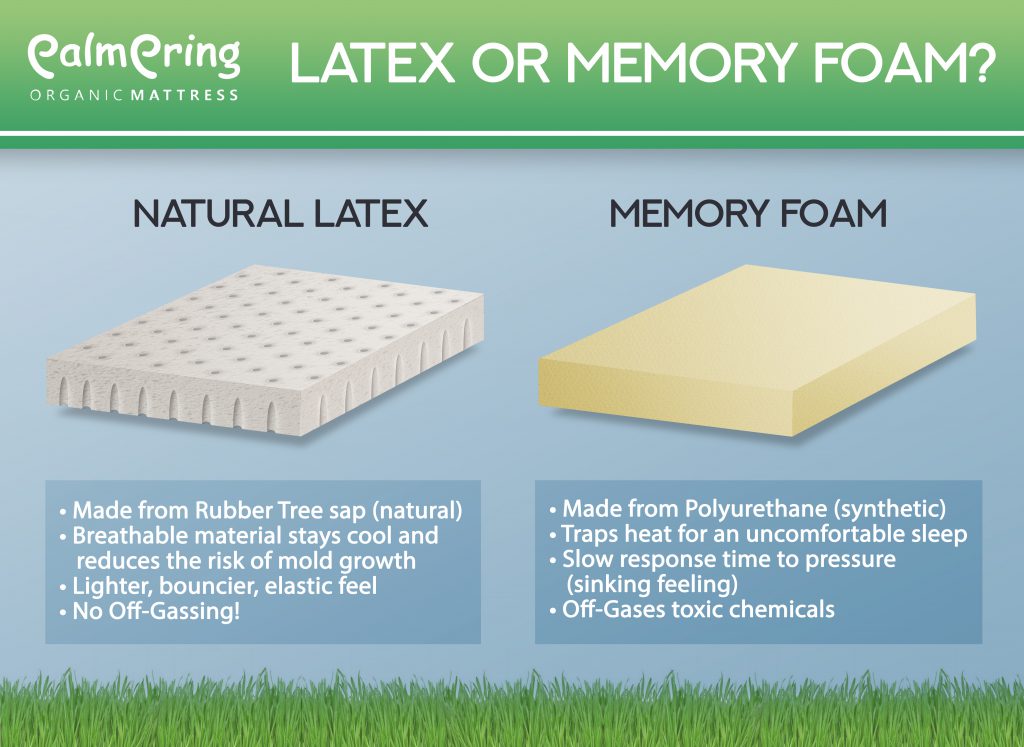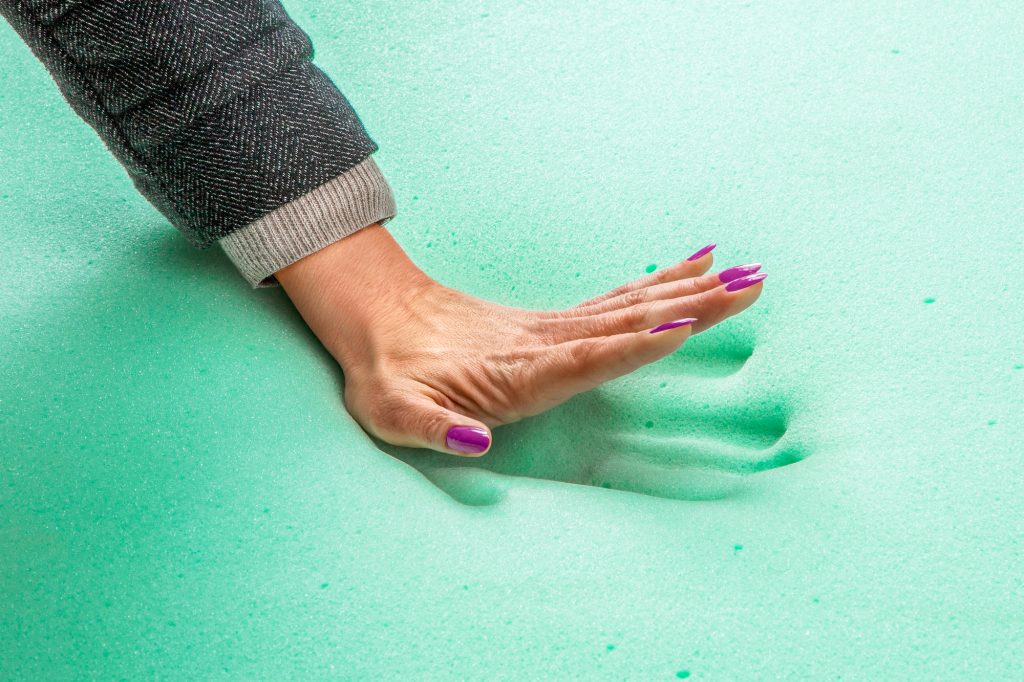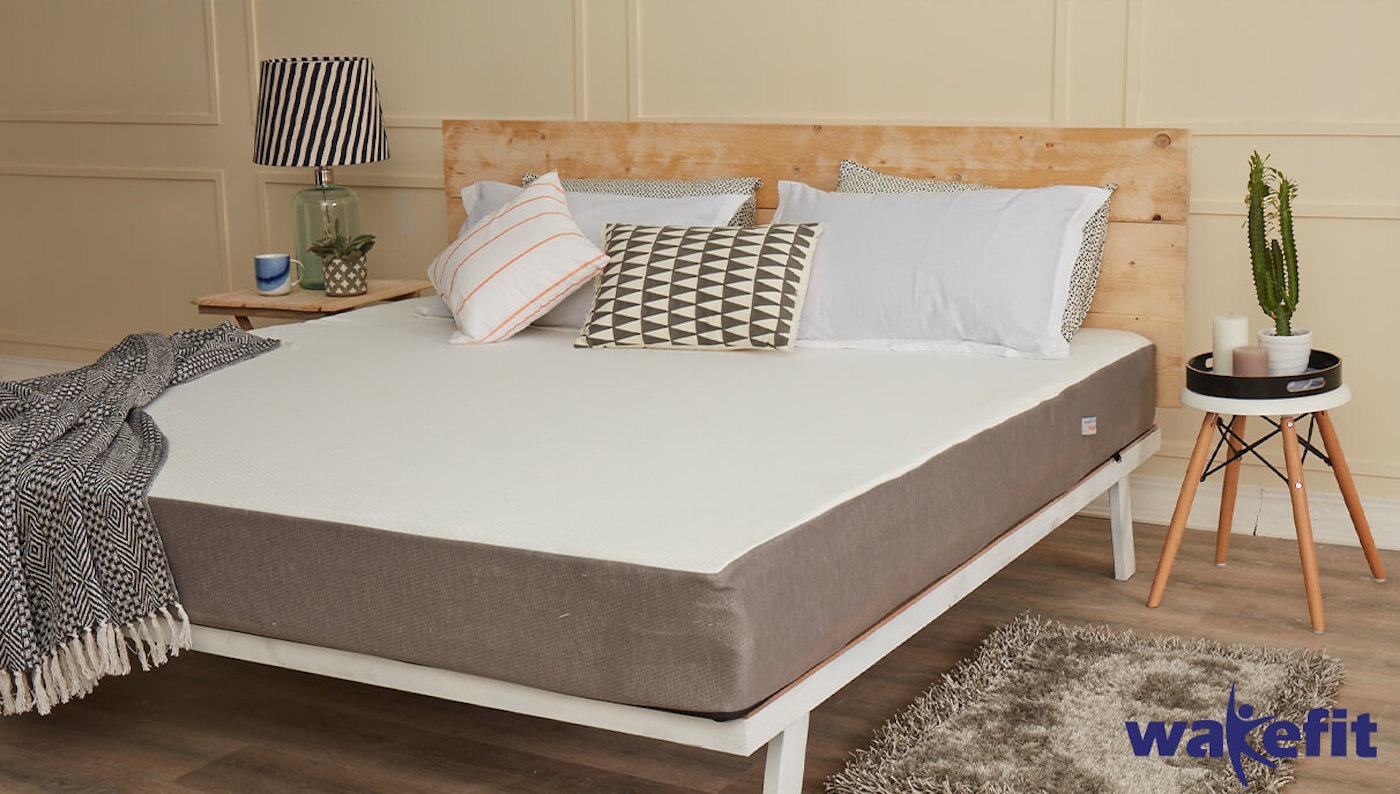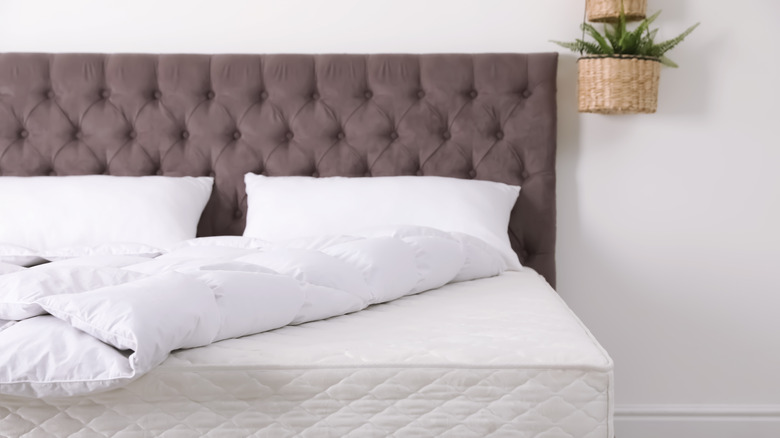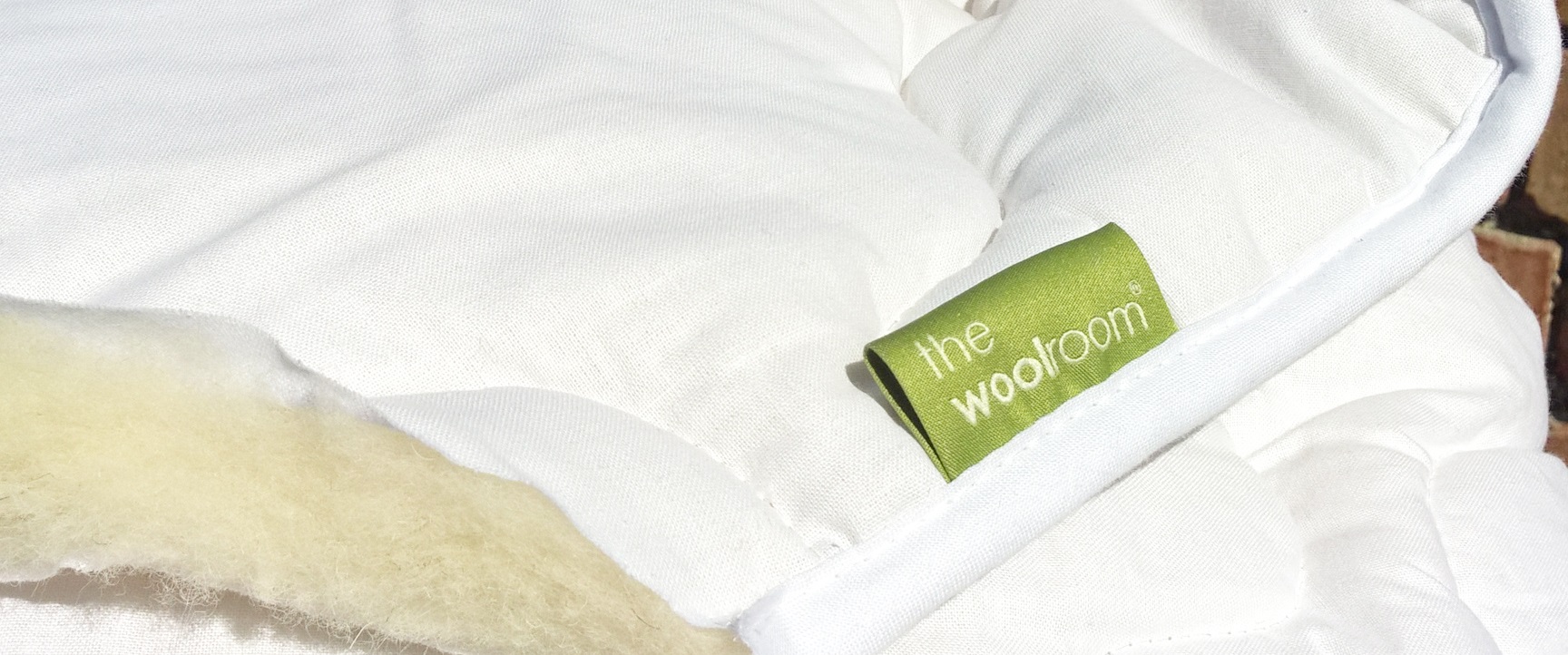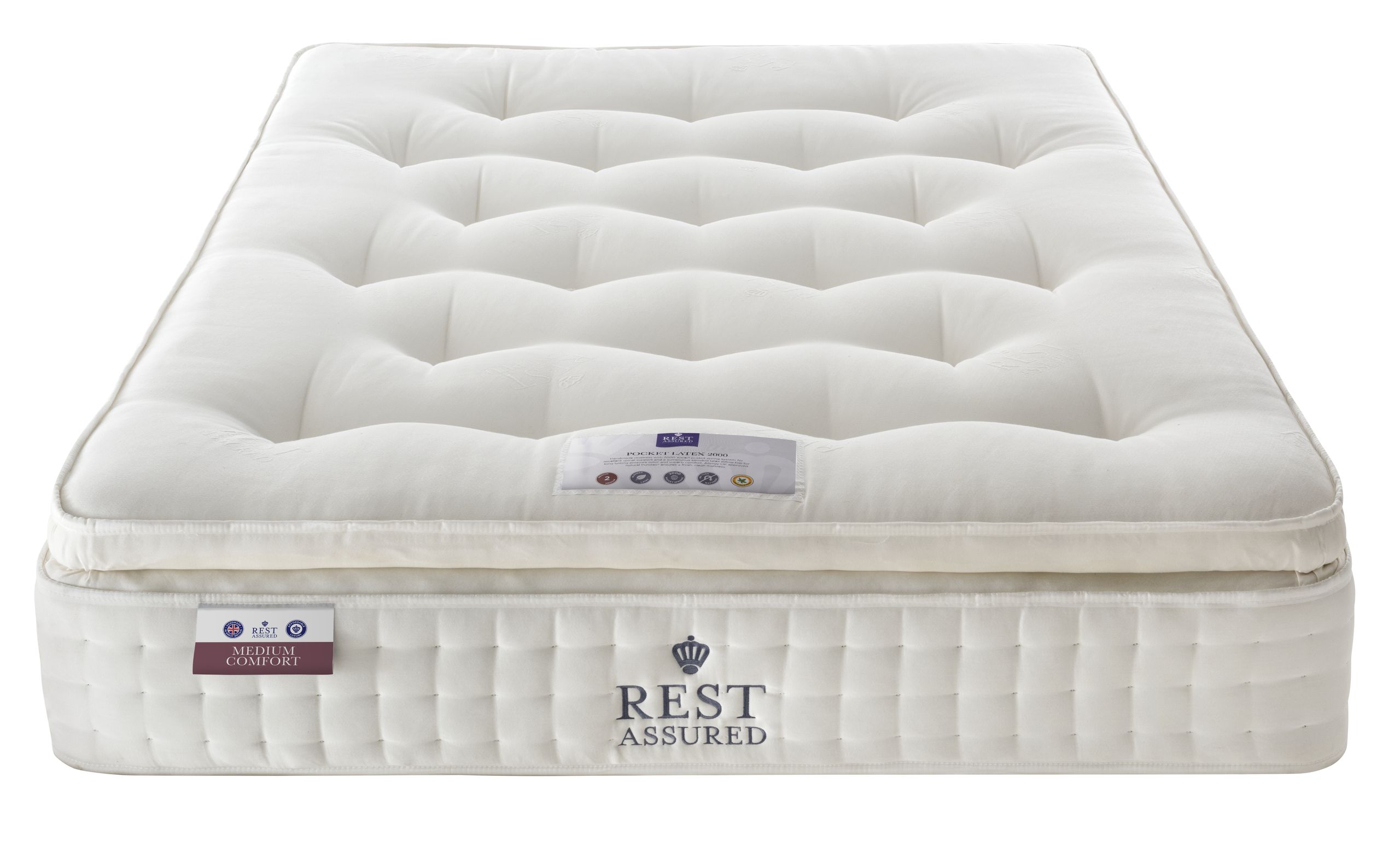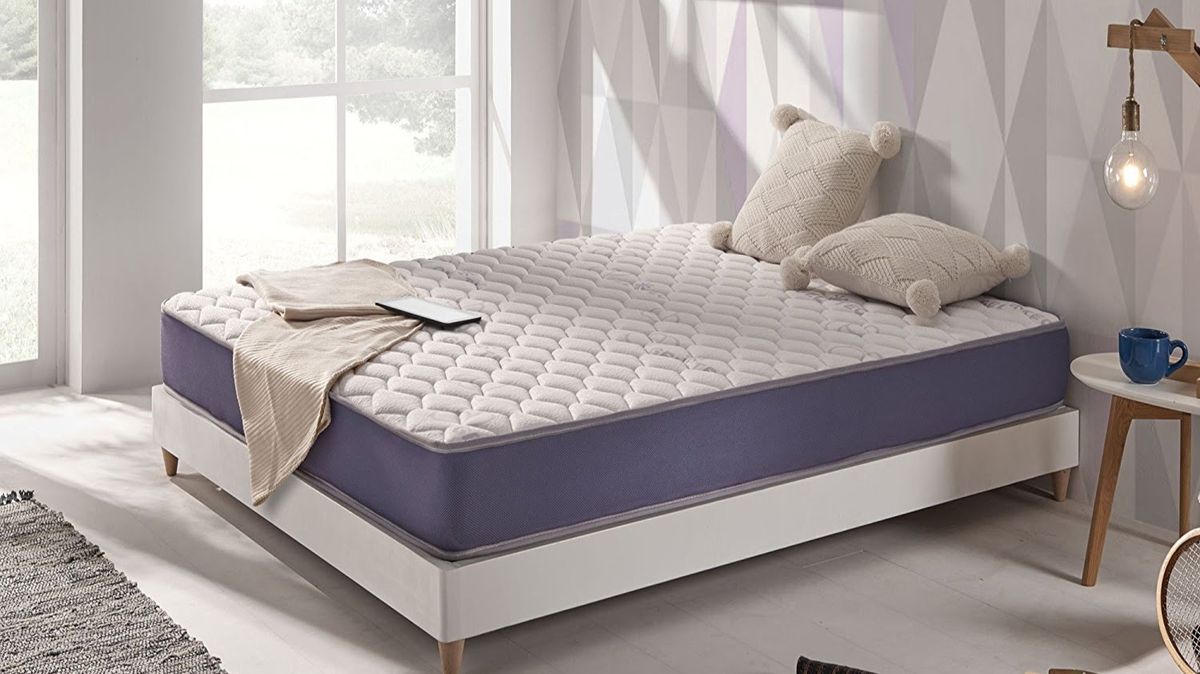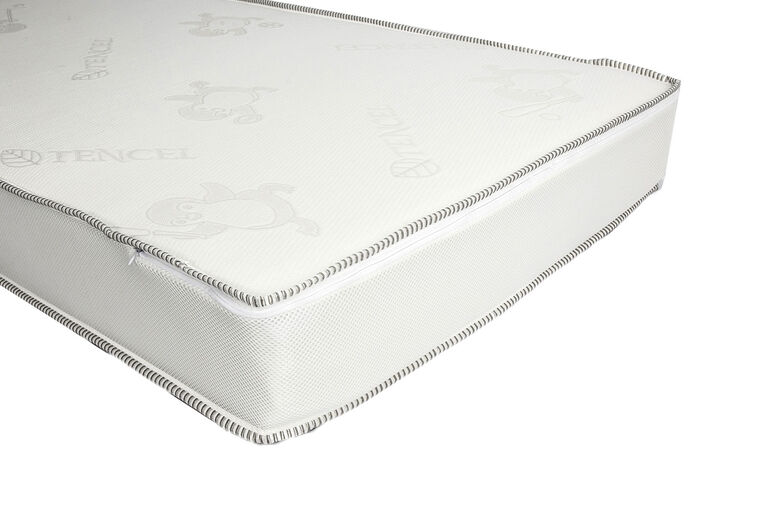If you've ever slept on a foam mattress and woken up with a stuffy nose, itchy eyes, or a skin rash, you may be wondering if you are allergic to foam mattresses. The truth is, it is possible to have an allergic reaction to foam mattresses, but it's not very common. Before you start panicking and throwing out your foam mattress, let's take a closer look at what exactly causes these allergic reactions, and what you can do about them.Allergic Reactions to Foam Mattresses
The symptoms of an allergic reaction to a foam mattress can vary from person to person, but they often include sneezing, coughing, watery eyes, and a runny nose. Some people may also experience skin irritation, such as hives or rashes, after coming into contact with the foam. If you already suffer from allergies, you may also notice an increase in your symptoms when sleeping on a foam mattress. This is because foam can trap allergens like dust mites, pet dander, and pollen, which can trigger an allergic reaction.Symptoms of Allergies to Foam Mattresses
The most common cause of allergies to foam mattresses is the material itself. Foam is made from a variety of synthetic materials, such as polyurethane, which can release harmful chemicals into the air. These chemicals can irritate the respiratory system and cause allergic reactions in some people. In addition, foam mattresses can also trap allergens, such as dust mites, which thrive in warm and humid environments. As you sleep, your body heat and sweat can create the perfect breeding ground for these microscopic pests, leading to an increase in allergy symptoms.Causes of Allergies to Foam Mattresses
If you suspect that you are allergic to your foam mattress, the first step is to try and identify the cause of your allergies. If it's the material itself, you may need to switch to a different type of mattress, such as a natural latex or organic cotton mattress. For those who are allergic to dust mites, regularly cleaning and vacuuming your mattress can help to reduce the number of allergens present. You can also purchase special mattress covers designed to keep dust mites out. If your symptoms are severe, your doctor may also recommend allergy medication or immunotherapy to help manage your allergies.Treatment for Allergies to Foam Mattresses
Preventing allergies to foam mattresses starts with choosing the right mattress. Look for foam mattresses that are made from hypoallergenic materials and are certified as low in volatile organic compounds (VOCs). It's also important to regularly clean your mattress and bedding to prevent the buildup of allergens. Consider using a vacuum with a HEPA filter to remove dust and allergens from your mattress and using allergen-proof covers on your pillows and mattress.Prevention of Allergies to Foam Mattresses
Foam mattresses are available in a variety of types, each with its own unique features and benefits. Some popular options include memory foam, gel foam, and latex foam mattresses. Memory foam mattresses are known for their contouring abilities, while gel foam mattresses offer better temperature regulation. Latex foam mattresses are made from natural materials and are hypoallergenic, making them a good choice for allergy sufferers.Types of Foam Mattresses
Foam mattresses are typically made from a combination of synthetic materials, such as polyurethane foam, and natural materials, such as cotton or wool. Some foam mattresses may also contain chemicals, such as flame retardants, which can release harmful VOCs into the air. If you are concerned about the materials in your foam mattress, look for certified organic or eco-friendly options that use natural materials and are free from harmful chemicals.Materials Used in Foam Mattresses
For those with allergies, finding a hypoallergenic foam mattress is crucial. These mattresses are made with materials that are less likely to trigger allergies, such as natural latex or organic cotton. It's important to note that while a mattress may be labeled as hypoallergenic, it may not be suitable for everyone. It's always best to test out a mattress before purchasing to ensure it doesn't cause any allergic reactions.Hypoallergenic Foam Mattresses
In addition to choosing the right mattress, you can also make your bed more allergy-friendly by investing in hypoallergenic bedding. Look for pillows and sheets made from natural materials, such as organic cotton or bamboo, and avoid materials like down or wool, which can trap allergens. You may also want to consider using an air purifier in your bedroom to help remove allergens from the air while you sleep.Allergy-Friendly Bedding Options
If you've tried everything and still find yourself allergic to foam mattresses, there are alternative options available. Natural materials like cotton, wool, and latex can offer a more hypoallergenic sleeping surface. Some people also find relief by switching to an adjustable air mattress, which allows you to adjust the firmness and support to your liking. These mattresses are often made with hypoallergenic materials and can be a good option for those with allergies. In conclusion, while it is possible to be allergic to foam mattresses, it is not a common occurrence. By choosing the right mattress, regularly cleaning and maintaining it, and using hypoallergenic bedding, you can reduce your risk of experiencing allergies while sleeping on a foam mattress.Alternative Mattress Options for Allergy Sufferers
Understanding Foam Mattresses and Allergies

The Rise of Foam Mattresses
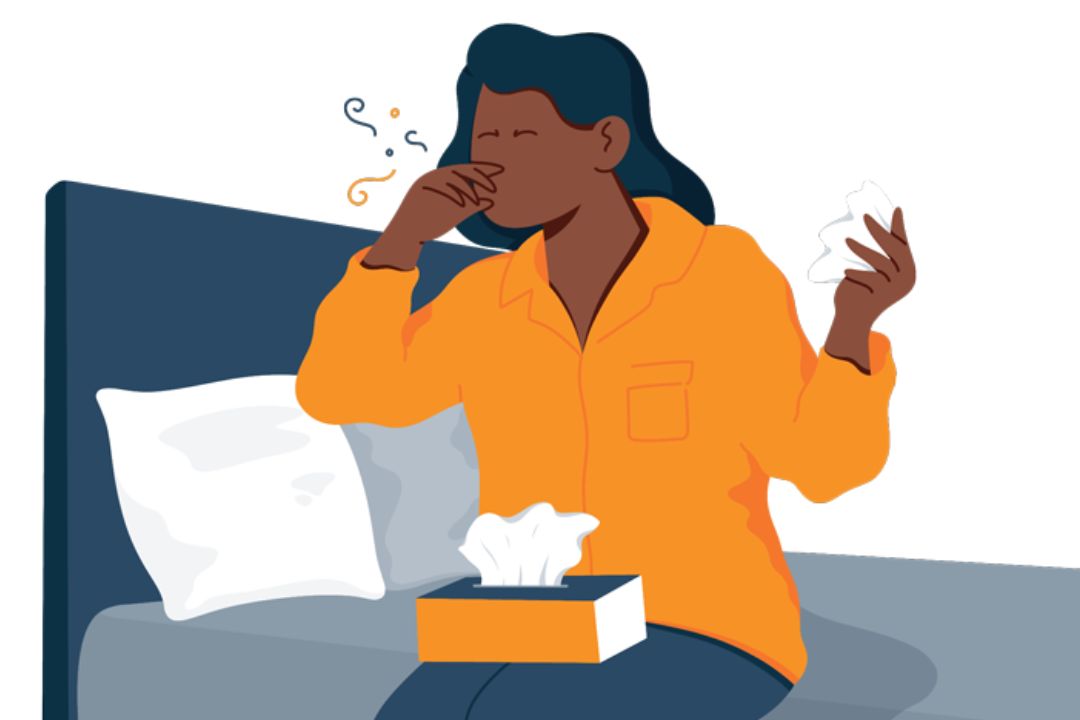 In recent years, foam mattresses have become increasingly popular due to their ability to conform to the body, providing optimal support and comfort. These mattresses are made of foam layers, typically memory foam or latex foam, which are designed to distribute weight evenly and relieve pressure points. However, with the rise in popularity of foam mattresses, a common question has arisen - can you be allergic to foam mattresses?
In recent years, foam mattresses have become increasingly popular due to their ability to conform to the body, providing optimal support and comfort. These mattresses are made of foam layers, typically memory foam or latex foam, which are designed to distribute weight evenly and relieve pressure points. However, with the rise in popularity of foam mattresses, a common question has arisen - can you be allergic to foam mattresses?
The Potential for Allergies
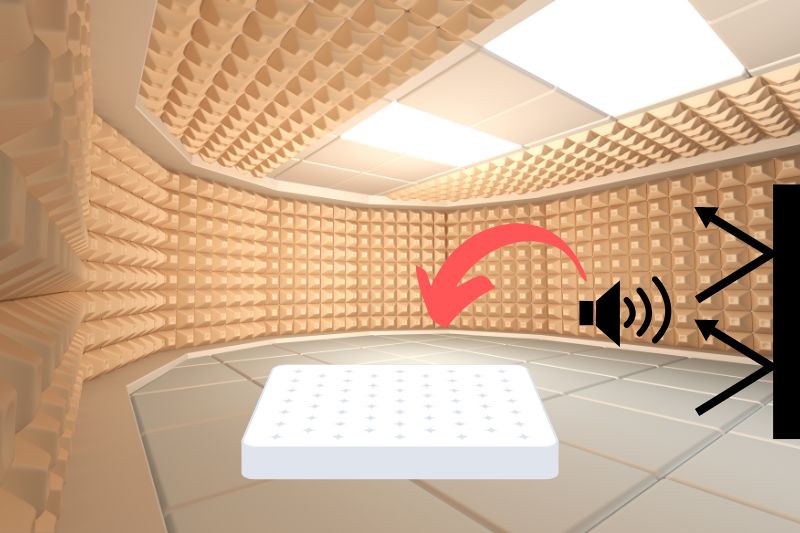 The short answer is yes, it is possible to be allergic to foam mattresses. The main culprit for this is the materials used in the production of foam mattresses. Memory foam, in particular, is made from polyurethane foam, which contains chemicals such as formaldehyde, benzene, and naphthalene. These chemicals can off-gas over time and cause irritation to those with sensitivities or allergies.
The short answer is yes, it is possible to be allergic to foam mattresses. The main culprit for this is the materials used in the production of foam mattresses. Memory foam, in particular, is made from polyurethane foam, which contains chemicals such as formaldehyde, benzene, and naphthalene. These chemicals can off-gas over time and cause irritation to those with sensitivities or allergies.
The Symptoms of Allergies to Foam Mattresses
 The symptoms of an allergic reaction to a foam mattress can vary from person to person, but they typically include respiratory issues such as coughing, wheezing, and difficulty breathing. Skin irritation, such as hives or rashes, can also occur if there is direct contact with the foam. In more severe cases, individuals may experience a severe allergic reaction known as anaphylaxis, which can be life-threatening.
The symptoms of an allergic reaction to a foam mattress can vary from person to person, but they typically include respiratory issues such as coughing, wheezing, and difficulty breathing. Skin irritation, such as hives or rashes, can also occur if there is direct contact with the foam. In more severe cases, individuals may experience a severe allergic reaction known as anaphylaxis, which can be life-threatening.
Prevention and Solutions
 If you suspect that you may be allergic to your foam mattress, there are a few steps you can take to alleviate symptoms. First, consider covering your mattress with an allergy-proof cover to create a barrier between you and the foam. You can also try using a mattress topper made of a different material, such as cotton or wool, to reduce direct contact with the foam. Additionally, regularly cleaning and airing out your mattress can help to reduce the off-gassing of chemicals.
If you suspect that you may be allergic to your foam mattress, there are a few steps you can take to alleviate symptoms. First, consider covering your mattress with an allergy-proof cover to create a barrier between you and the foam. You can also try using a mattress topper made of a different material, such as cotton or wool, to reduce direct contact with the foam. Additionally, regularly cleaning and airing out your mattress can help to reduce the off-gassing of chemicals.
Consulting with a Doctor
 If you are experiencing persistent symptoms or have a known allergy to foam materials, it is essential to consult with a doctor. They can perform an allergy test to determine the specific trigger and recommend the best course of action for managing your allergies.
In conclusion,
while foam mattresses offer many benefits, it is important to be aware of the potential for allergies. Taking preventive measures and consulting with a doctor can help you enjoy the comfort of a foam mattress without experiencing any adverse reactions.
If you are experiencing persistent symptoms or have a known allergy to foam materials, it is essential to consult with a doctor. They can perform an allergy test to determine the specific trigger and recommend the best course of action for managing your allergies.
In conclusion,
while foam mattresses offer many benefits, it is important to be aware of the potential for allergies. Taking preventive measures and consulting with a doctor can help you enjoy the comfort of a foam mattress without experiencing any adverse reactions.
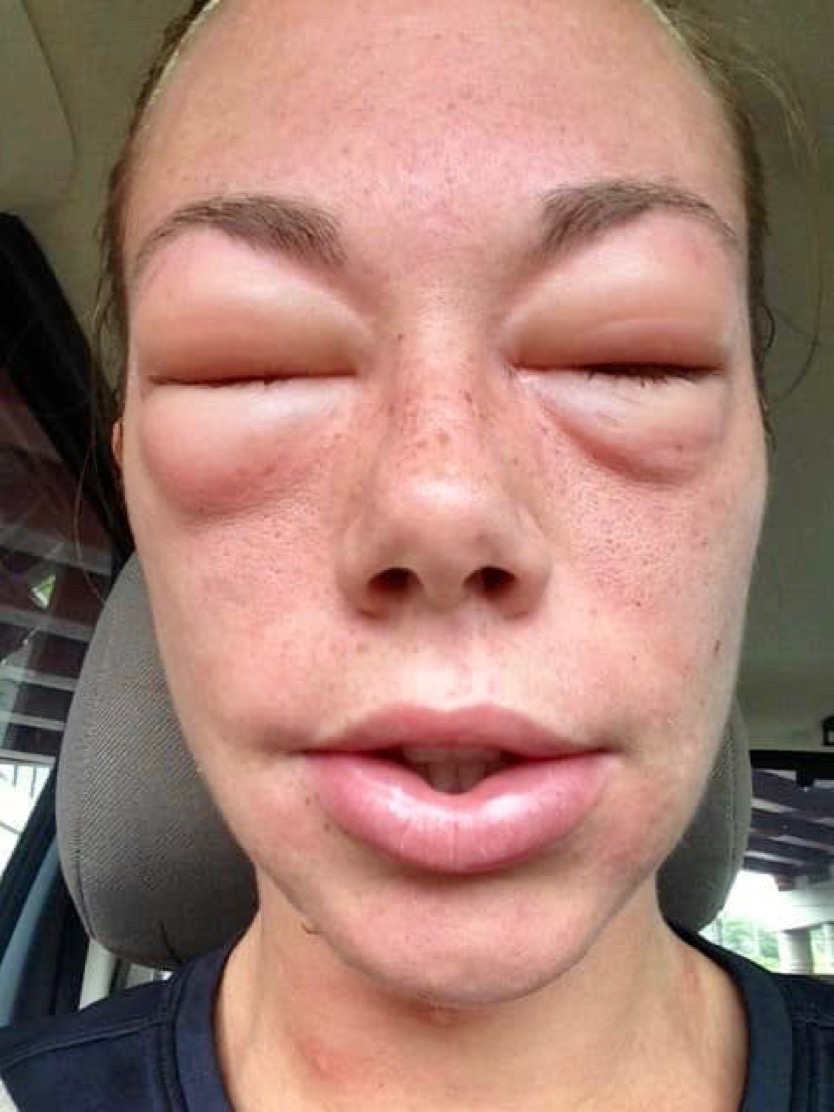






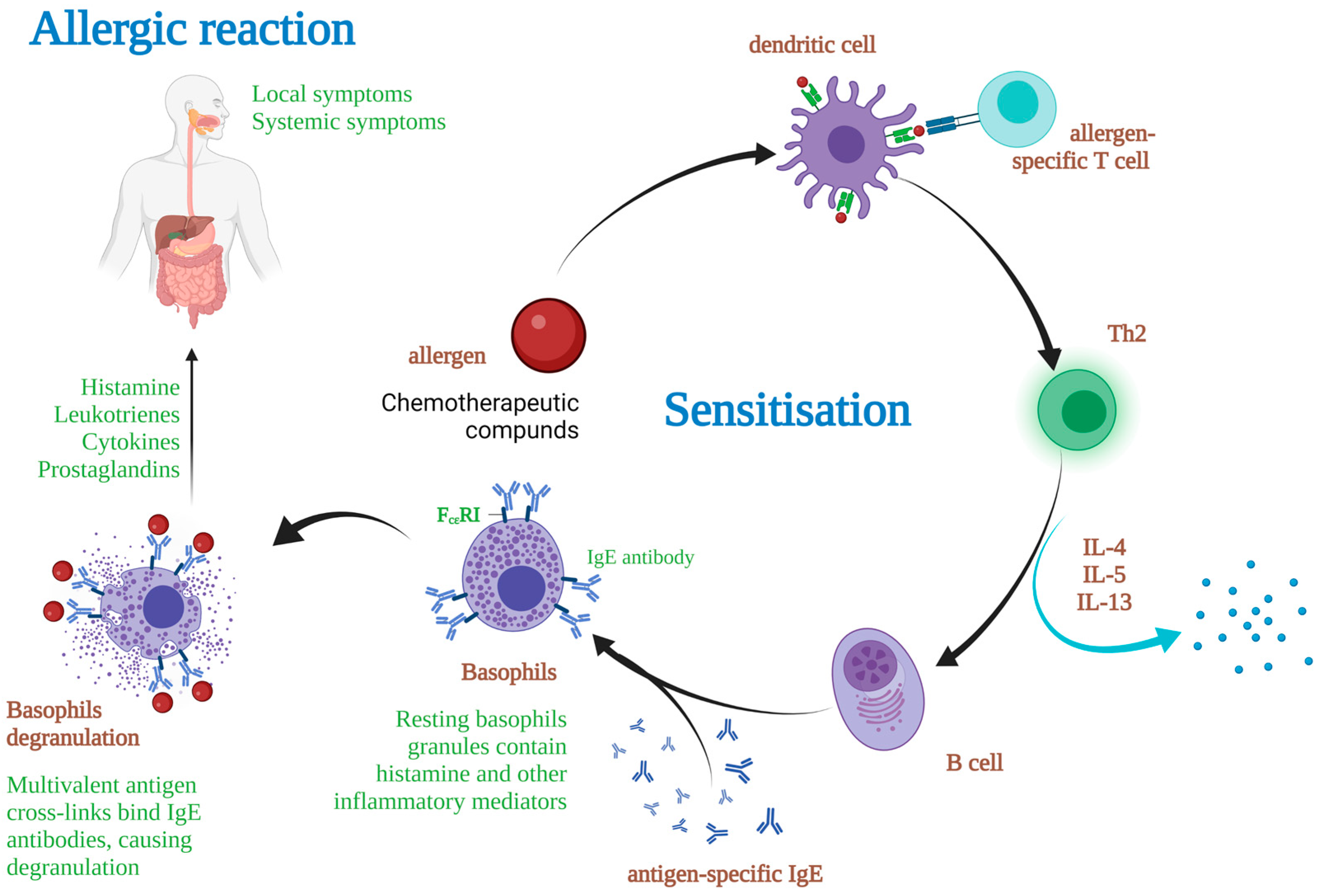


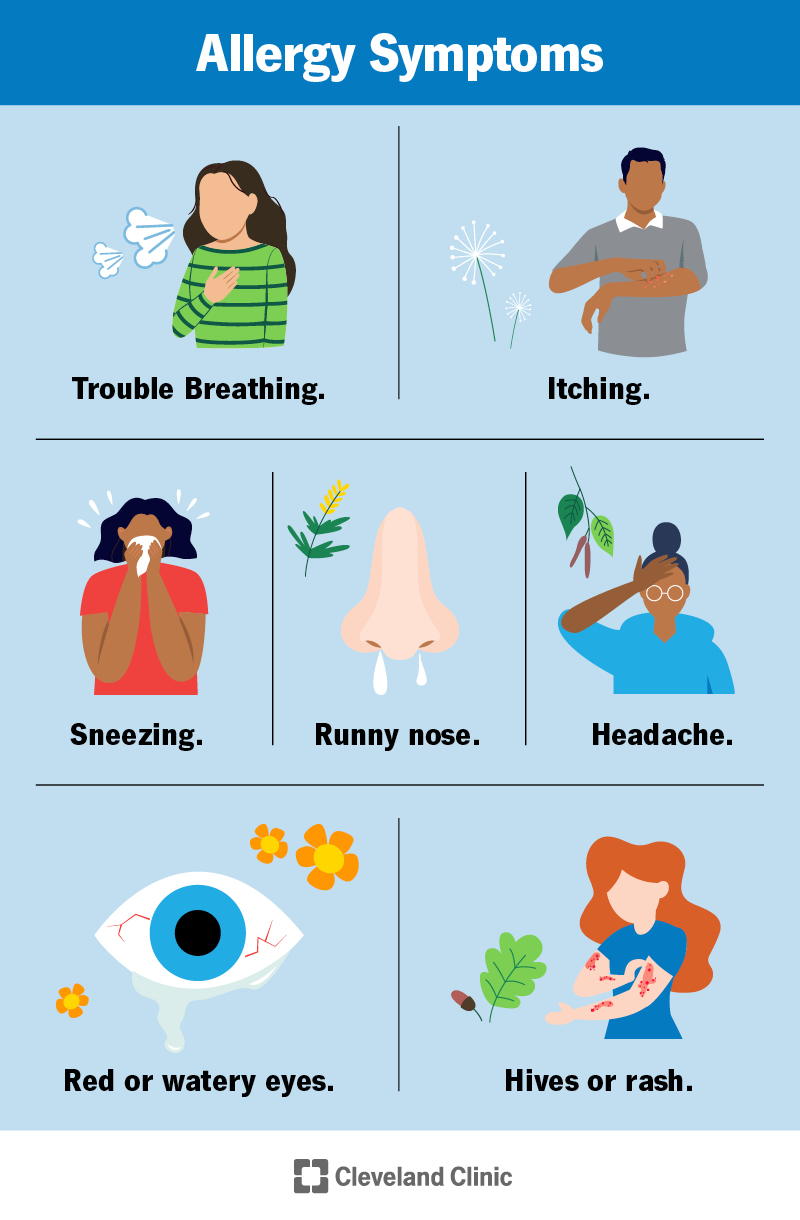


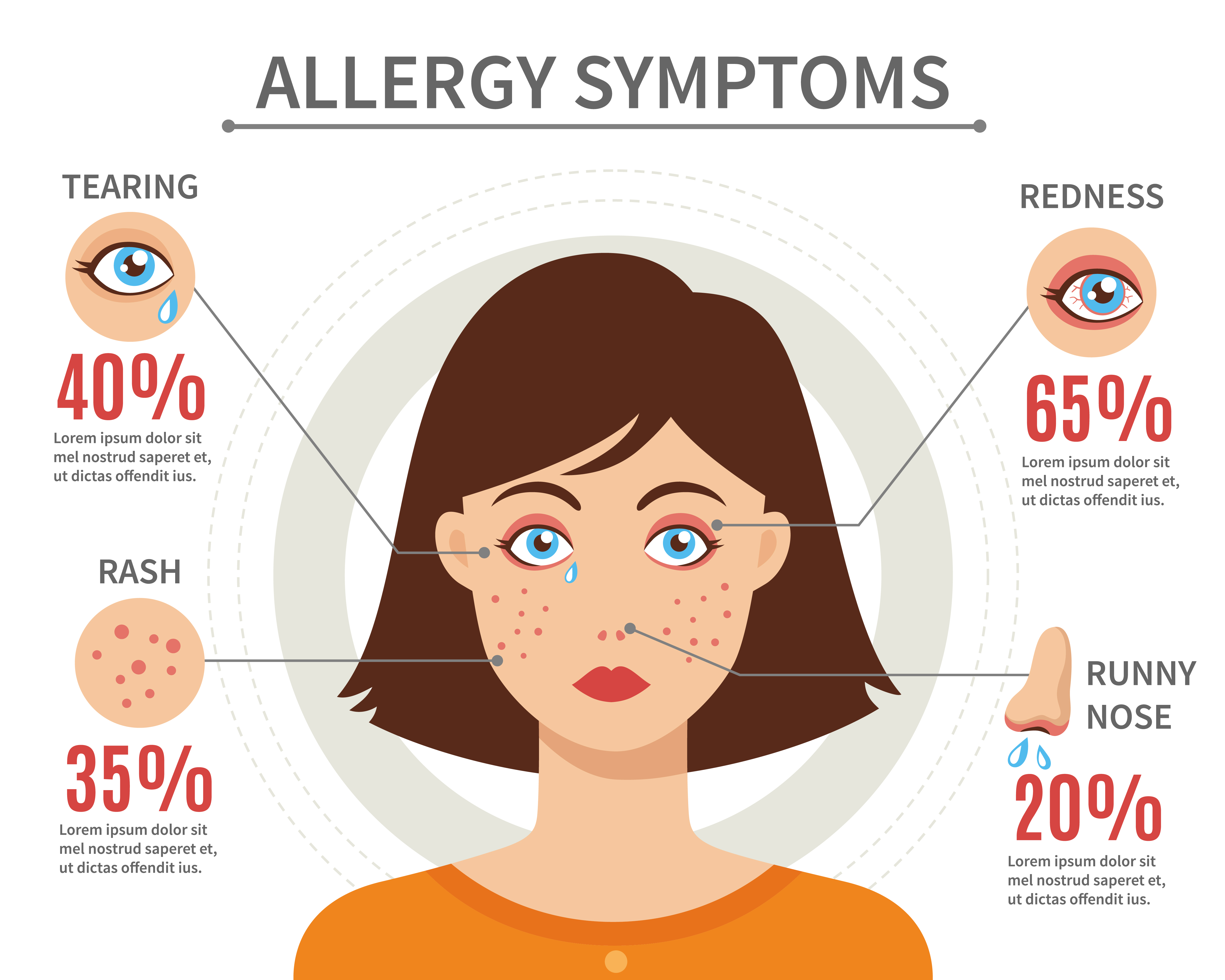






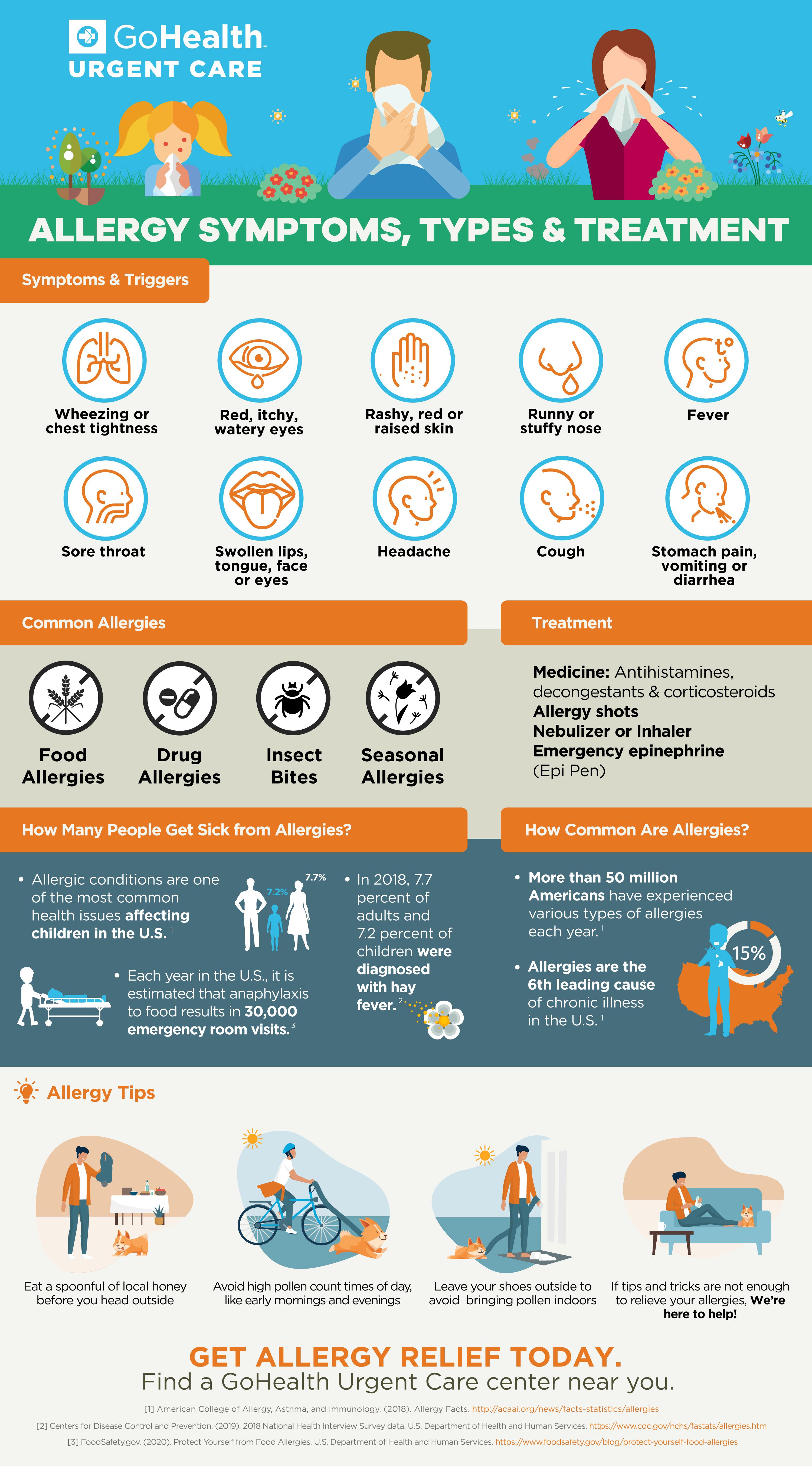




:max_bytes(150000):strip_icc()/food-allergies-causes-and-risk-factors-4685818_FINAL-243a580ea8e14b51a8dd802ecb2326e3.jpg)
